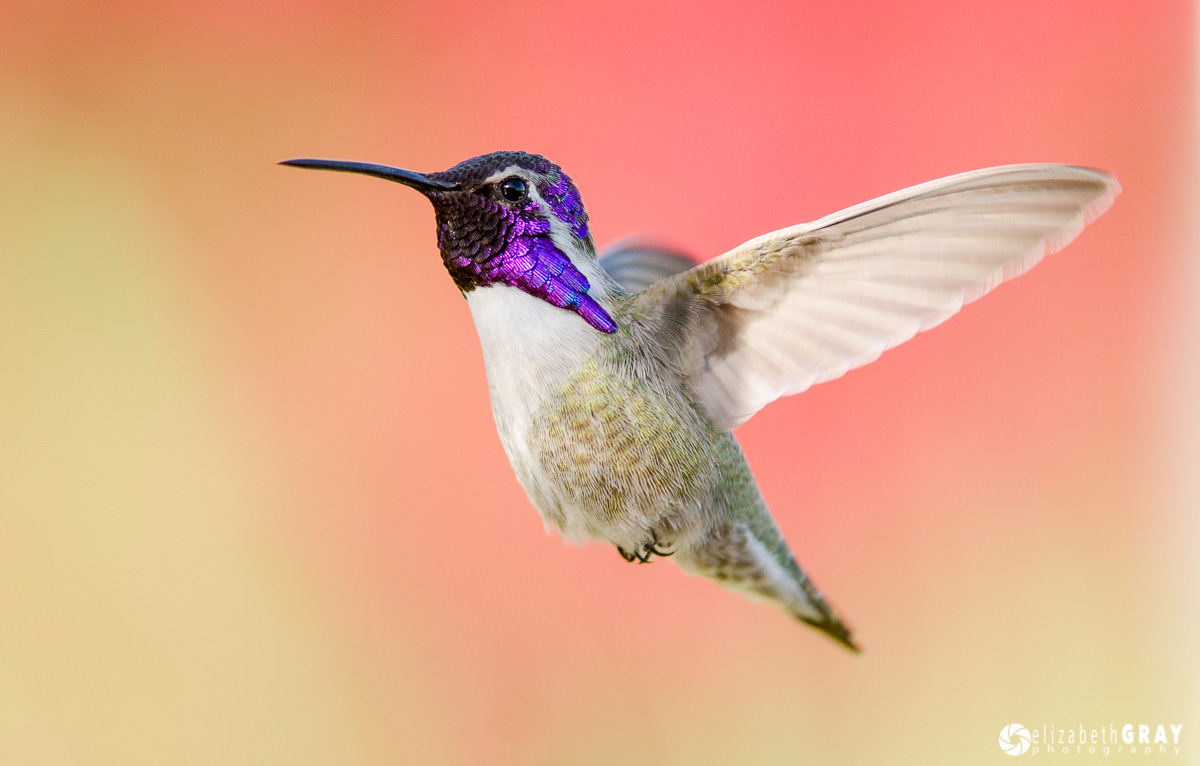PoBoy
Skilled
Smartphone Cameras Will Be Superior to SLRs by 2024, Says Sony CEO
Is the reign of the dedicated camera coming to an end?
Associated presentation materials point to Sony’s belief that higher performance camera systems are being developed that are increasing the sensor size and combining that with better image signal processors (ISP) in high-end smartphone models — Sony expects the average size of high-end sensors to double by 2024. These two factors together with what it calls “quantum saturation” and artificial intelligence processing (computational photography), Sony believes that interchangeable lens cameras (ILCs) will be left behind by smartphone technology.



